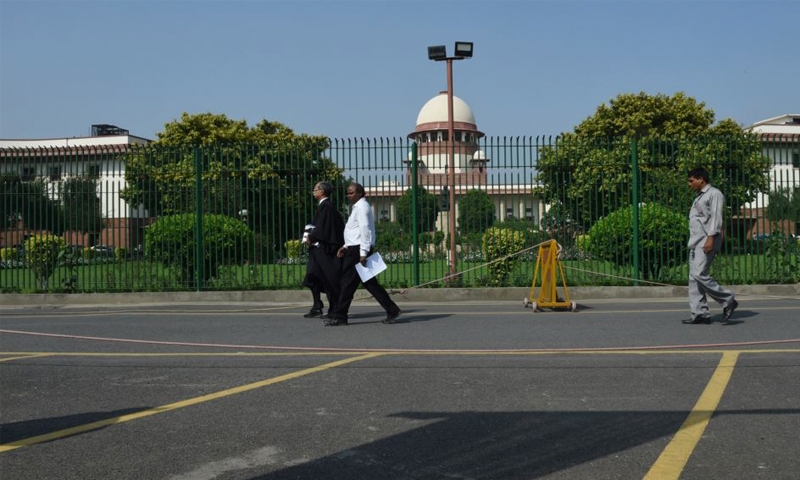Adultery no longer a crime: India court
New Delhi : Adultery is no longer a crime, India’s top court ruled yesterday, declaring a colonial-era law that punished the offence with jail time unconstitutional and discriminatory against women. It was the second legal decision this month reflecting a more liberal outlook in Indian society with the Supreme Court having on September 6 scrapped a ban on gay sex dating back to 1861. Sparking celebrations, the court argued that Section 377 on homosexuality had become “a weapon for harassment” of homosexuals and “history owes an apology to the members of this community and their families”.
The more than century-old adultery law prescribed that any man who slept with a married woman without her husband’s permission had committed adultery, a crime carrying a five-year prison term in the conservative country. A petitioner, an Indian businessman, had challenged the court to strike down the law, describing it as arbitrary and discriminatory against women.
“Thinking of adultery from a point of view of criminality is a retrograde step,” unanimously declared the five-judge bench of the Supreme Court. Women could not file a complaint under the archaic law nor be held liable for adultery themselves, making it solely the realm of men. The court said it deprived women of dignity and individual choice and “gives license to the husband to use women as a chattel”. “It disregards the sexual autonomy which every woman possesses and denies agency to a woman in a matrimonial tie,” said Supreme Court Justice D. Y. Chandrachud. “She is subjugated to the will of her spouse.”
Government lawyers argued that adultery should remain a crime as it threatens the institution of marriage, and caused harm to children and families. But in its ruling, the court said extramarital affairs -- while still a valid ground for divorce -- were a private matter between adults. Prashant Bhushan, a lawyer in the Supreme Court, said the watershed decisions on gay sex and adultery had shown the judges’ “adherence to liberal values and the constitution”.
Related Posts

